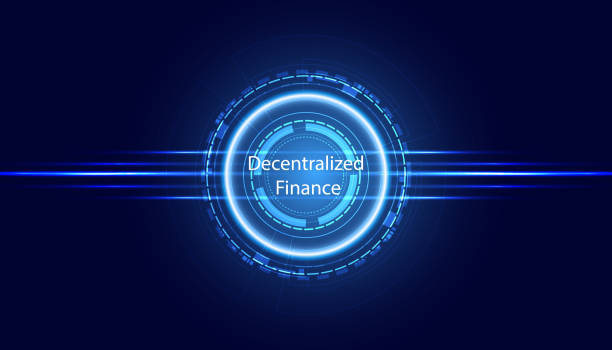EigenLayer introduces a groundbreaking concept called restaking, which strengthens security in the Ethereum system. This works by allowing users to use their Ethereum (ETH) in a special way within the network’s core rules. Through smart contracts on EigenLayer, users can re-use their ETH in a secure manner, making the entire network safer for different kinds of online activities. This innovation not only boosts security for existing Ethereum services but also supports new ones that are just starting out.

EigenLayer in Action: A Breakdown of its Operations
Maintaining strong security in Web3, from Bitcoin’s beginnings to Ethereum’s latest updates, has been tough. Ethereum’s scattered security makes it hard for other apps to trust it, causing inefficiencies. EigenLayer fixes this with restaking, combining security across Ethereum. Users can use smart contracts to boost security by redirecting their staked ETH, with EigenLayer’s opt-in feature adding extra security. This flexible method adjusts security as projects evolve.
Blockchain Security: From Separate Silos to a Shared Umbrella
Traditionally, each blockchain app (dApp) needed its own security system, like building a separate house for each guest. This slowed down innovation. Ethereum changed the game by creating a shared security umbrella. dApps can now plug into Ethereum’s existing security, allowing developers to focus on building cool stuff, not security systems.
Shared Strength: EigenLayer’s Impact on Ethereum’s Security
EigenLayer revolutionizes security in Ethereum with its innovative restaking mechanism, blending pooled security and free-market governance. By repurposing staked ETH to validate different protocols, it extends Ethereum’s security to diverse projects, regardless of their architecture. Users opt-in to new slashing conditions for rewards, incentivizing participation. EigenLayer controls ETH withdrawal, rewarding both stakers and validators. Validators set risk and reward parameters, creating a competitive environment. Free-market governance allows protocols to regulate security consumption, empowering validators to allocate resources strategically. This fosters innovation and efficiency, driving decentralized governance and protocol development in Ethereum.

Potential Pitfalls: Risks to Consider
EigenLayer faces two main risks: collusion among validators targeting middleware services and protocols may have slashing vulnerabilities. Its effectiveness relies on a robust rebalancing algorithm, which considers validators’ stakes and capacities, ensuring resilience. However, any failures or inefficiencies in this mechanism, like slow adjustments or incorrect parameters, can expose EigenLayer to various attacks, especially in cryptoeconomic security. It’s crucial to meticulously update restaked ETH and maintain full collateralization to prevent vulnerabilities.
Tokenomics
While there’s no set plan for launching EigenLayer’s token, potential designs can benefit the ecosystem. One design could focus on access, reinforcing security, scalability, and adaptability. Users staking via EigenLayer would need to hold a minimum amount of EigenLayer ($EL) tokens. Opting in allows users to set slashing conditions on both their staked $ETH and $EL. EigenLayer could enforce slashing beyond Ethereum’s 50% limit, resembling overcollateralized loans. This discourages malicious behavior, promoting honesty.
As EigenLayer grows, it faces the risk of overextending security. Implementing higher capital requirements can mitigate this risk, support scalability, and encourage responsible behavior. Exploring cross-chain compatibility can enhance bootstrapping and interoperability. $EL tokens standardize capital requirements across networks and streamline migration, improving liquidity for seamless transitions.
Learn from market wizards: Books to take your trading to the next level.

 Hot Features
Hot Features












